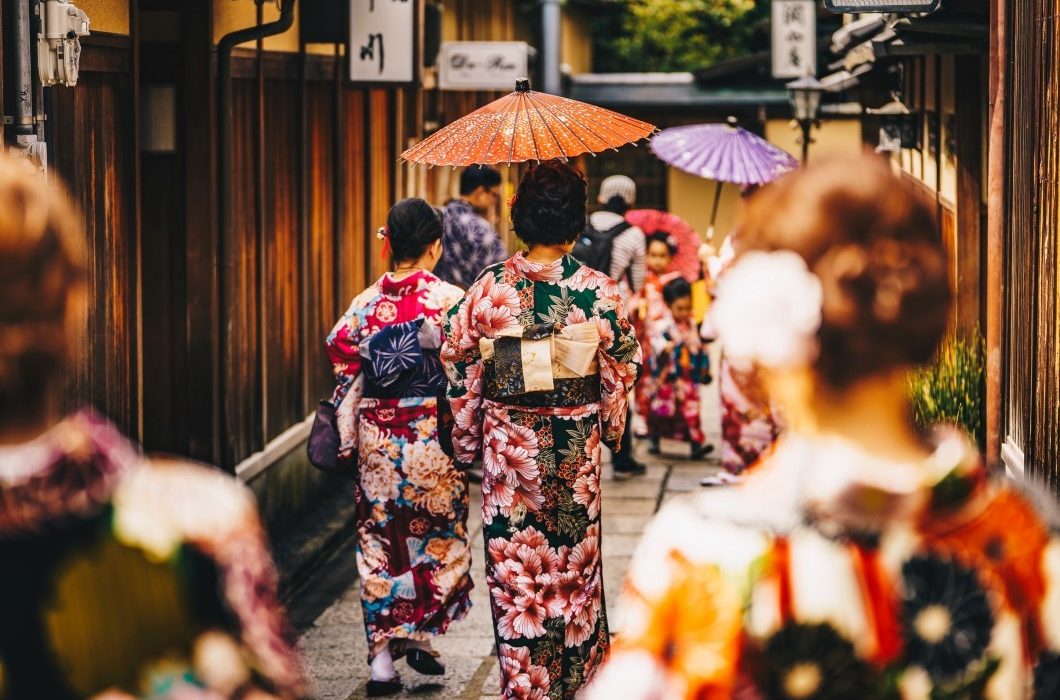
You might also like:
Japan’s tourism industry is currently going through a positive period. In April, a consortium of 60 Japanese companies will launch a new fund. It will be the largest of its kind in the country with the equivalent of 234 million USD which will flow entirely into tourism.
Tourism is growing fast in Japan. In 2017, the number of arrivals increased by 19.3% compared to the year before to a record 28.69 million. However, the problem is that the country has only few hotels to accommodate so many tourists. The shortage is forecasted to continue at least until 2020.
Japan’s tourism sector now is to get huge investments through the newly established fund which will primarily support older hotels, traditional Japanese inns and private accommodations offered on platforms such as Airbnb. They will all be modernized with the millions available.
Private rentals – so-called minpakus – enjoy a growing popularity. Private rentals to tourists are currently not allowed without the permission of the local authority. However, a new law, which comes into force in June 2018, will change the situation. It will be possible to rent the accommodation to tourists for up to 180 days per year – provided that the responsible city administration has been informed.
Another problem is that many traditional inns are operated by people in retirement age who lack succession. The fund aims to ensure their continued existence. Private investments range from ten million to five billion yen. 30 regional banks, a life insurance, real estate companies, but also Japan Airlines are among the lenders.
The members of the fund seek to develop and secure new sources of income for Japan’s tourism over the long term. More than 20 hoteliers and senior executives will serve as consultants. The fund will operate for ten years with an annual return target of 6 percent.
Source: tourism-review.com
